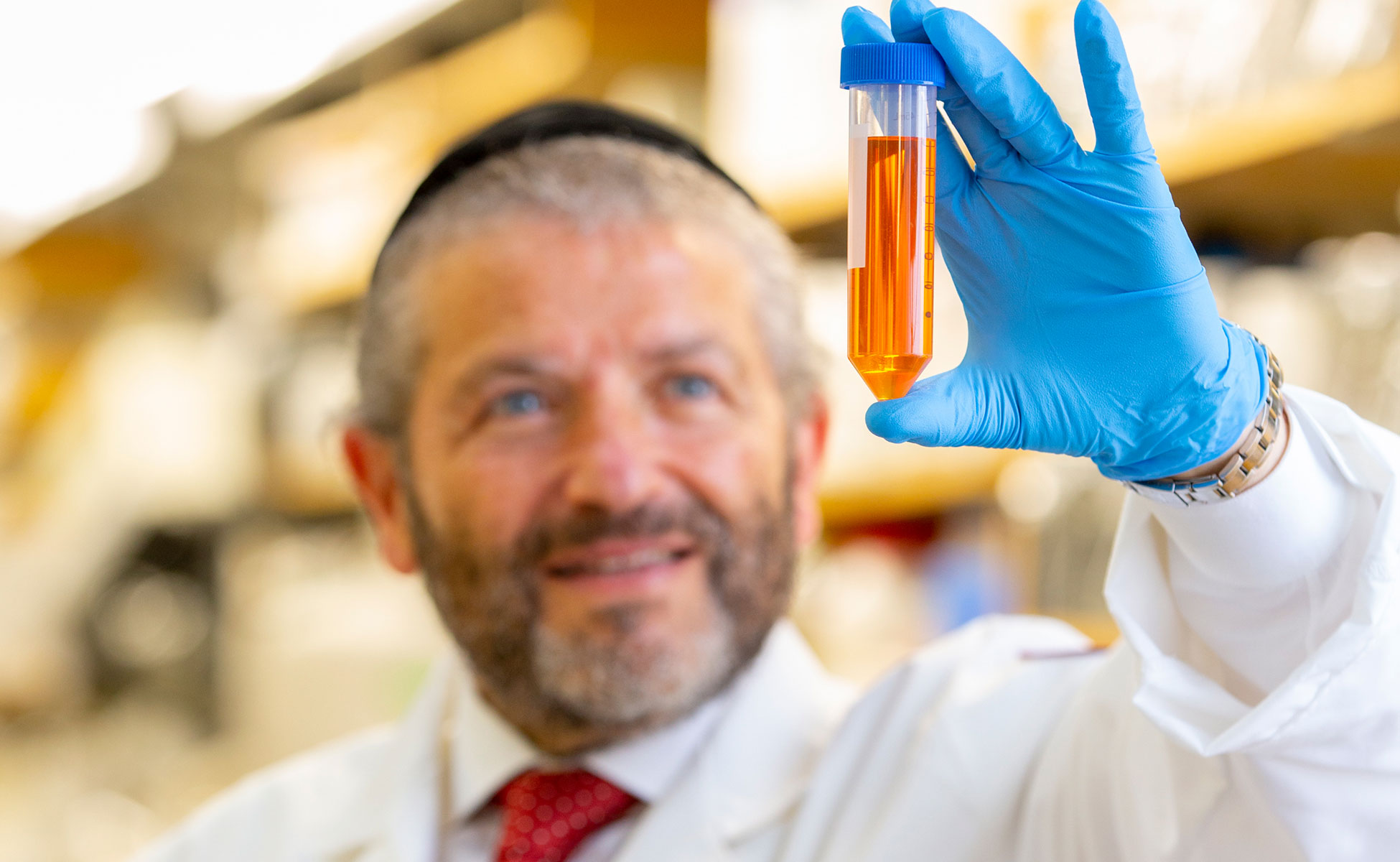New York Medical College Behavioral Phenotyping Core Facility is localized in about 1000 square foot dedicated and separated space within the Department of Comparative Medicine of the Basic Science Building, rooms 774/5. This core facility provides wide behavioral testing in small rodents (mice and rats). Behavioral phenotyping (testing) is an essential approach for new mutants, knock-outs, knock-ins, or transgenic animals or for evaluation of drug effects. Detailed behavioral evaluation can reveal phenotype deviations and some test may have significant developmental predictive value.
The facility is equipped with an array of testing devices including:
- Morris Water Maze
- Barnes Maze (rat and mouse version)
- open field
- novel object recognition arena
- elevated plus maze
The devices are monitored by cameras connected to video-tracking systems using 2 licenses of Stoelting’s Any-Maze software. Open field has also an infra-red beam variant running under control of Med-Associates Activities 5 software. The facility is further equipped for long-term monitoring of EEG and seizures using 4 mouse stations (or 2 rat + 2 mouse stations) controlled by Pinnacle Solutions Sirenia software, with synchronized video recordings.
Tests, which can be provided as of now
- Physical and neurological health with sensory and motor function testing in the neonates
- Spontaneous behavior
- Anxiety
- Testing of arousal
- Learning and memory
- Behavioral inflexibility
- Compulsion
- Spontaneous seizures
- Susceptibility to provoked seizures (pentylenetetrazol, picrotoxin, bicuculline, strychnine, inhalation flurothyl, kainic acid, NMDA, pilocarpine and lithium-pilocarpine, and kindling)
Tests being implemented
- Social interaction
Service Request
The facility is currently fully supported from our funding resources. As of now, testing is provided on a collaborative basis up to our current capacity. It is the responsibility of the interested investigator, if collaborative efforts are arranged, to obtain appropriate Protocols of Animal Use and all necessary clearance. Once we establish system of additional support for essential personnel and equipment, we will convert to the fee-based testing.
Contacts
Libor Velisek, M.D., Ph.D., Core Director
Professor of Cell Biology & Anatomy, and of Pediatrics
Basic Science Building, A20
Phone: (914) 594-4945
Email: Libor_Velisek@nymc.edu
Jana Veliskova, M.D., Ph.D., Core Co-Director
Professor of Cell Biology & Anatomy, and of Obstetrics & Gynecology
Basic Science Building, A21
Phone: (914) 594-4840
Email: Jana_Veliskova@nymc.edu


